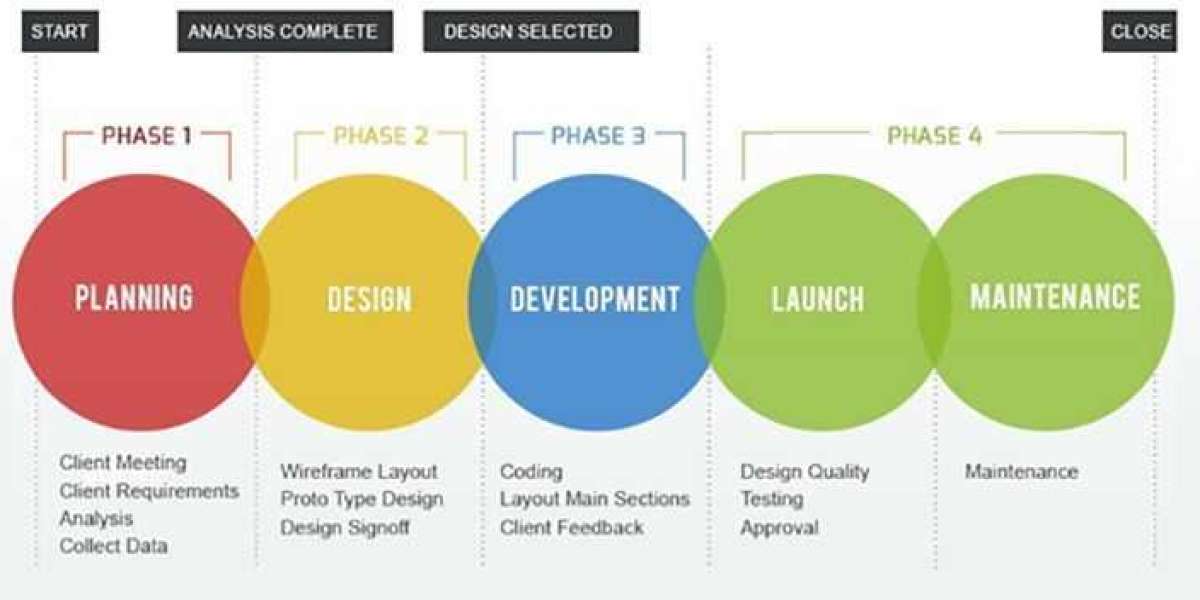Litigation is a big word that means taking legal action to solve a problem. In Pakistan, people often go to court when they have disputes or disagreements. These disputes can be about anything, like money, land, or even family issues. In this blog, we'll explain what litigation services in Pakistan is and how it works in Pakistan. We'll use simple words so that everyone can understand.
What is Litigation?
Litigation is the process of taking a case to court. When two people or groups can't agree, they might ask a judge to decide. This decision is called a judgment. The whole process of going to court, presenting evidence, and waiting for the judge's decision is called litigation.
Why Do People Go to Court?
There are many reasons why people in Pakistan might go to court. Some common reasons include:
Money Disputes:
Sometimes, people disagree about money. For example, one person might say another person owes them money but refuses to pay. They can go to court to resolve this issue.Property Disputes:
People might fight over land or buildings. For instance, two brothers might argue about who owns a piece of land. They can take their case to court to decide who is the rightful owner.Family Disputes:
Family issues, like divorce or child custody, often end up in court. If parents can't agree on who should take care of their child, a judge can help decide.Business Disputes:
Companies or business partners might disagree on contracts or other business matters. They can go to court to settle these disagreements.
The Litigation Process in Pakistan
The litigation process in Pakistan involves several steps. Here's a simple breakdown:
Filing a Case:
The first step is to file a case in court. The person who starts the case is called the plaintiff, and the person being sued is the defendant. The plaintiff explains their problem and what they want from the court.Summons and Notices:
After the case is filed, the court sends a notice to the defendant. This notice tells the defendant that they are being sued and need to come to court.Court Hearings:
Both sides present their arguments and evidence in court. This can include documents, photos, or witness testimonies. The judge listens to both sides and may ask questions.Judgment:
After hearing all the evidence, the judge makes a decision. This decision is called a judgment. The judge decides who is right and what should happen next.Appeals:
If one side is unhappy with the judgment, they can appeal. This means they ask a higher court to review the case. The higher court can either change the judgment or keep it the same.
Types of Courts in Pakistan
Pakistan has different types of courts for different cases. Here are a few examples:
Civil Courts:
These courts handle disputes between people or organizations, like money or property issues.Criminal Courts:
These courts deal with cases where someone is accused of a crime, like theft or assault.Family Courts:
These courts focus on family matters, like divorce or child custody.Special Courts:
There are also special courts for specific issues, like labor disputes or tax cases.
How Long Does Litigation Take?
Litigation can take a long time in Pakistan. Some cases are solved quickly, but others can take years. At our best law firm in Pakistan, the time it takes depends on many factors, like the complexity of the case and the number of cases in the court's backlog.
The Role of Lawyers
In litigation, lawyers play a big role. They help their clients understand the law and represent them in court. Lawyers present arguments, submit evidence, and try to convince the judge to rule in their client's favor.
Challenges in Litigation
Litigation in Pakistan can be challenging. Here are some common problems:
Delays:
The court system can be slow, and cases can take a long time to resolve.Cost:
Going to court can be expensive. There are fees for filing cases, paying lawyers, and other expenses.Complexity:
The legal process can be hard to understand. Many people need a lawyer to help them navigate the system.
Conclusion
Litigation is a way to resolve disputes through the court system. In Pakistan, people use litigation to settle issues about money, property, family, and more. The process involves filing a case, presenting evidence, and waiting for a judgment. While litigation can be challenging and time-consuming, it is an important part of ensuring justice and fairness. Understanding the basics of litigation can help you know what to expect if you ever need to go to court.








